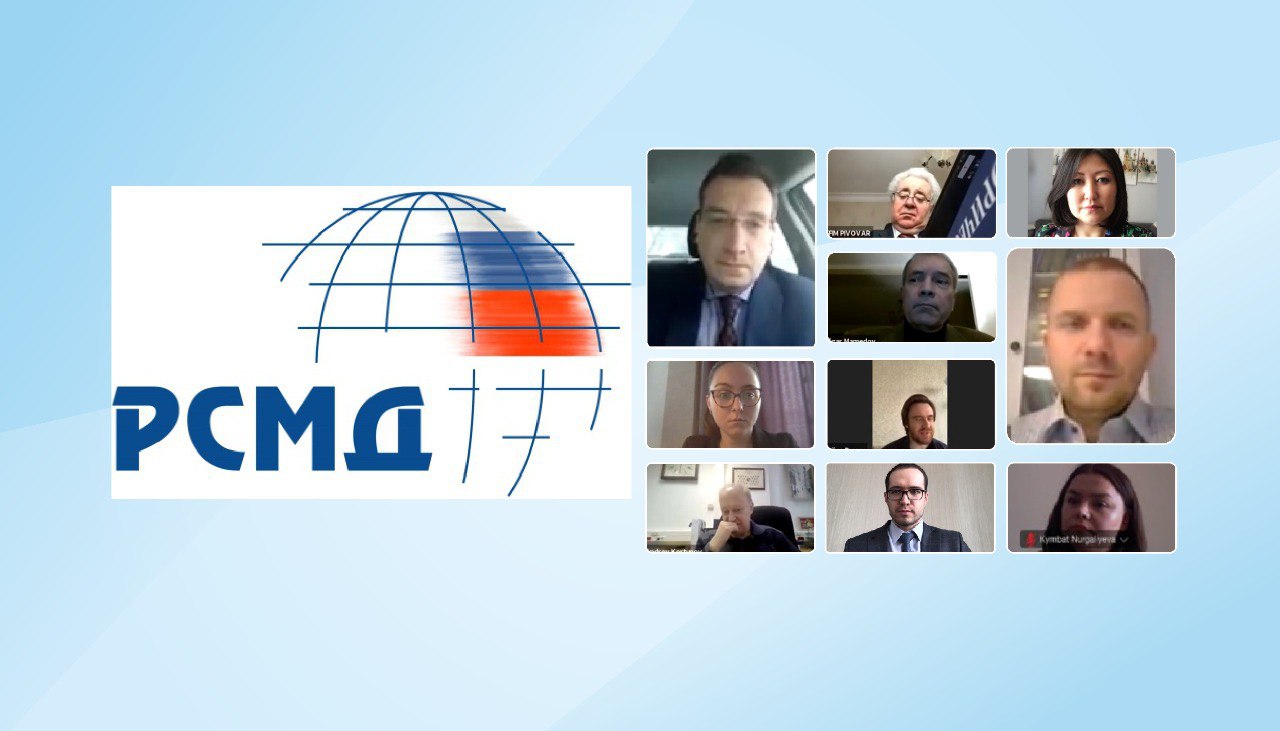In December 25, 2020, the Russian International Affairs Council organized an online event held throughout the year in the format of the «RIAC City Breakfast». The final theme of the outgoing year was devoted to summing up the results of the year for the post-Soviet countries, in particular, the speakers analyzed the situation in Nagorno-Karabakh, the political crisis in Ukraine, the presidential elections in Moldova and protests in Belarus.
The speakers were: Andrei Kortunov - General Director of the RIAC, Kirill Koktysh - Associate Professor of the Department of Political Theory of the Moscow State Institute of International Relations, RIAC expert, Alexander Gushchin - Associate Professor of the Department of Post-Soviet Abroad of the Russian State Humanitarian University, RIAC expert, Stanislav Pritchin - Senior Research Fellow at the Center for Post-Soviet Studies, expert from IMEMO RAS RIAC, Corneliu Churea - political scientist, independent analyst, Moldova, RIAC expert.
As you know, the past year was marked by intense and unpredictable processes, where the main, global challenge was the coronavirus pandemic, which affected almost every corner of the planet.
At the same time, in addition to the main crisis associated with the pandemic, in 2020, political processes were taking place in the post-Soviet space that deserve close attention for a comprehensive analysis and study.
The experts discussed in detail the nature of the current Belarusian protests, as well as the results of the August presidential elections, which aroused particular interest, primarily from the closest neighbors. The participants of the event analyzed the main reasons, as well as the modern influence of social networks, through which citizens gather at rallies and express their demands.
It was also noted that the events in Nagorno-Karabakh were once again accompanied by military clashes with a large number of victims. The signed joint statement of the presidents of Azerbaijan, Armenia and Russia should stop the bloodshed and begin the process of further joint dialogue. At the same time, the experts did not give an accurate forecast of the future in the Caucasus region, despite the initially seeming diplomatic success.
The recent presidential elections in Moldova and the victory of the pro-European candidate M. Sandu, according to experts, may significantly shift the further vector of the country's development. Nevertheless, it is noted that the defeat of the socialist bloc led by ex-president I. Dodon should not be considered final, since under certain circumstances there is a possibility that the left forces can take revenge.
The experts also did not pass by the modern internal political processes in Ukraine. Based on the current analysis, first of all, a gradual decrease in the rating of the incumbent President V. Zelensky and the Servant of the People party stands out. In the coming year, according to the participants in the meeting, in the post-image period, the Ukrainian authorities will need to take more effective measures to address pressing problems.
At the end of the event, experts answered live questions from online participants.
The head of International Studies Department Asel Nazarbetova, senior research fellows Anastasia Reshetnyak, Kymbat Nurgaliyeva and research fellow Alisher Abdreshev took part from the KazISS under the President of the Republic of Kazakhstan.












